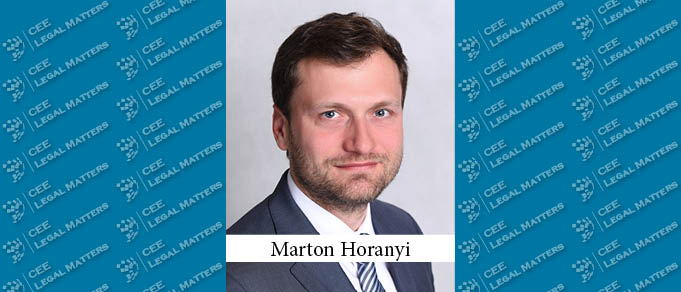Under the EU's Foreign Subsidies Regulation (FSR), companies must notify the European Commission in advance of certain acquisitions, mergers or large public procurement transactions if the groups of companies involved have received financial contributions from outside the EU. Compiling the notification and gathering the necessary information can be a heavy administrative burden for companies, and failure to do so can result in fines of up to 10% of the group's worldwide turnover.
In essence, the FSR extends the existing EU rules on state aid to countries outside the EU. It aims to ensure a level playing field and to eliminate the impact of subsidies granted directly or indirectly by third countries.
The Regulation applies to any financial contribution that confers an economic advantage limited to one or more undertakings or industries. In addition to direct subsidies, this very broad definition includes, for example, loan guarantees or tax relief, or even when a company provides services or sells products to, or uses services or purchases products from, foreign governments or state-owned enterprises, regardless of whether the remuneration paid is market-based.
The Regulation gives the Commission considerable discretion and powers to intervene and impose sanctions. Fines can be as high as 10% of a group's worldwide turnover in the event of a breach. Transactions falling under the Regulation require thorough preparation by companies, and it is recommended to prepare an FSR register and risk profile to avoid fines and disruption to their business.
The Commission will intervene if the subsidies have a distortive effect, i.e. they are is likely to improve the beneficiary's competitive position and have a negative impact on competition in the EU's internal market. Examples of distortive effects include aid to firms in financial difficulties without which the firm would go bankrupt, unlimited guarantees to cover debts or subsidies that allow a firm to bid unduly advantageously in a public procurement procedure.
What has to be notified and what does the Commission check?
Under the FSR, foreign subsidies can be checked in three ways by the Commission. Mergers with a certain turnover or large public procurements have to be notified to the Commission in advance and can only proceed if approved. In addition, in all other cases, foreign subsidies can be investigated ex officio - even if it falls below the thresholds. The Commission has been able to do this since the Regulation entered into force in July. The rules on mandatory notifications entered into force on 12 October and also apply to transactions that started earlier but were not closed by the October deadline.
A merger is notifiable if at least one of the parties is established in the EU (even with a subsidiary), has a turnover of at least EUR 500 million or has received a financial contribution of at least EUR 50 million from a non-EU country in the previous three years.
Participation in a public procurement procedure requires prior notification if the value of the tender is at least EUR 250 million and the tenderer (or its affiliated companies or even main subcontractors) received a financial contribution of at least EUR 4 million from a non-EU country in the previous three years. A detailed declaration must also be provided for foreign financial contributions below EUR 4 million.
The Commission may also ex officio examine any financial contribution retroactively for a period of ten years (or until 2018 for the period before the Regulation entered into force). It can look back three years in the case of public procurement, but this cannot lead to the annulment of the award decision or the termination of the contract.
By Marton Horanyi, Partner, Baker McKenzie


